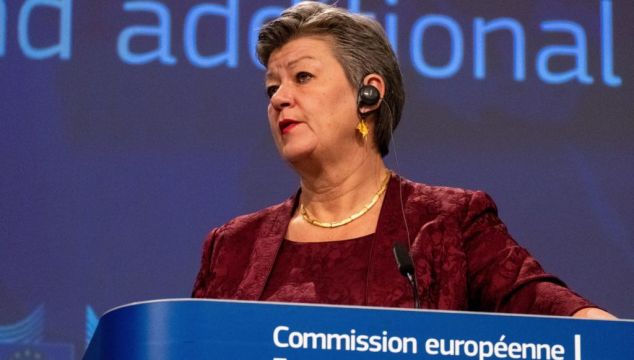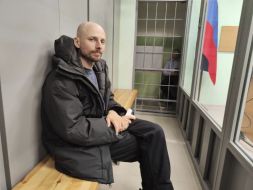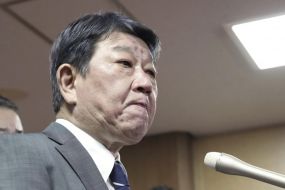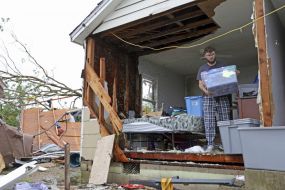European Union Commissioner for Home Affairs Ylva Johansson has said the fundamental rights of migrants will be prioritised under a new partnership package with Tunisia.
Her comments follow an agreement by the EU and Tunisian President Kais Saied to implement a comprehensive partnership package with the European Union.
On Sunday, Commission president Ursula von der Leyen was in Tunis with Italian and Dutch prime ministers Giorgia Meloni and Mark Rutte to witness the signing of a memorandum of understanding covering areas such as economic stability and migration.
However, Ms Johansson said on Monday it was “clear there are a lot of challenges” on the issue of rights of migrants.
Tunisia is a major departure for many asylum seekers who attempt the often deadly crossing of the Mediterranean into Europe.
NGOs have accused the Tunisian government of dismantling human rights protections and introducing repressive laws.
Speaking during a webinar for an Irish policy think tank, Ms Johansson said the EU has agreed to work with Tunisia to support people in that country who would like to voluntarily return to their country of origin.
The commissioner also told the Institute of International and European Affairs (IIEA) that Tunisia should “welcome back” Tunisian citizens that are not eligible to stay in the EU.
Ms Johannson said: “We should support Tunisia when it comes to the prevention of these dangerous, mostly deadly departures on these boats.”
She also called for co-operation on identification of migrants and investment in legal pathways.
The former Swedish employment minister also told the IEEA she had proposed an EU-wide definition for safe third countries.
Currently, member states decide themselves if they consider a third country to be safe and can deem asylum requests from citizens of such countries to be inadmissible.
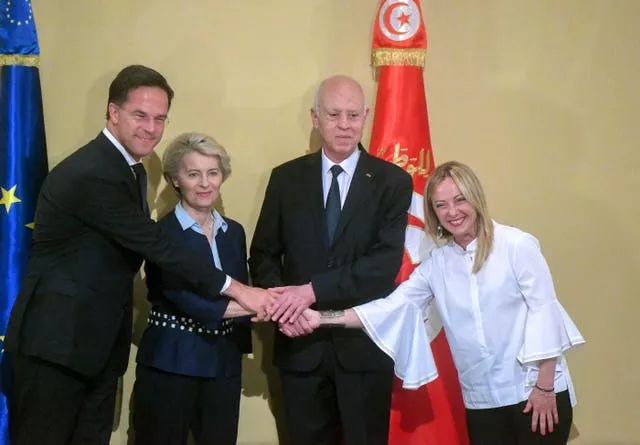
Ms Johansson said she hoped co-legislators would agree on a European definition of safe third countries but this has not been decided yet.
She said a country’s protection of fundamental rights such as the right to apply for asylum and to be given international protection would need to be assessed in deciding the definition.
Asked by IIEA board member Marie Cross if there was a provision for sending migrants to states besides their country of origin, Ms Johansson said this was not in her proposal and was not the approach of the council or parliament.
“I must also say that I’m not in favour of that.
“I don’t think it’s a good idea to send asylum applicants to a third country.”
Ms Johansson said when she took office in December 2019 there was a “stalemate” on legislation due to a lack of trust between members states and the commission.
“There was also a lot of room for manoeuvre for drama queens or drama kings to make a lot of noise around migration.”
However, she pointed to areas of “success” on co-operation with member states since then.
“Migration is something normal. Migration has always existed, migration will always exist.
“Migration will never stop. Our task is to manage migration. And migration is manageable, but it takes that we work close together to manage migration.”
Asked by Ms Cross if the EU felt helpless in the face of increased people smuggling, Ms Johansson said people should be “concerned”.
“We have to remember that these smugglers are not sending people to Europe – they are sending them to death.
“And sometimes they actually even force [migrants] into their vessels, even when the weather conditions are really, really dangerous.”
